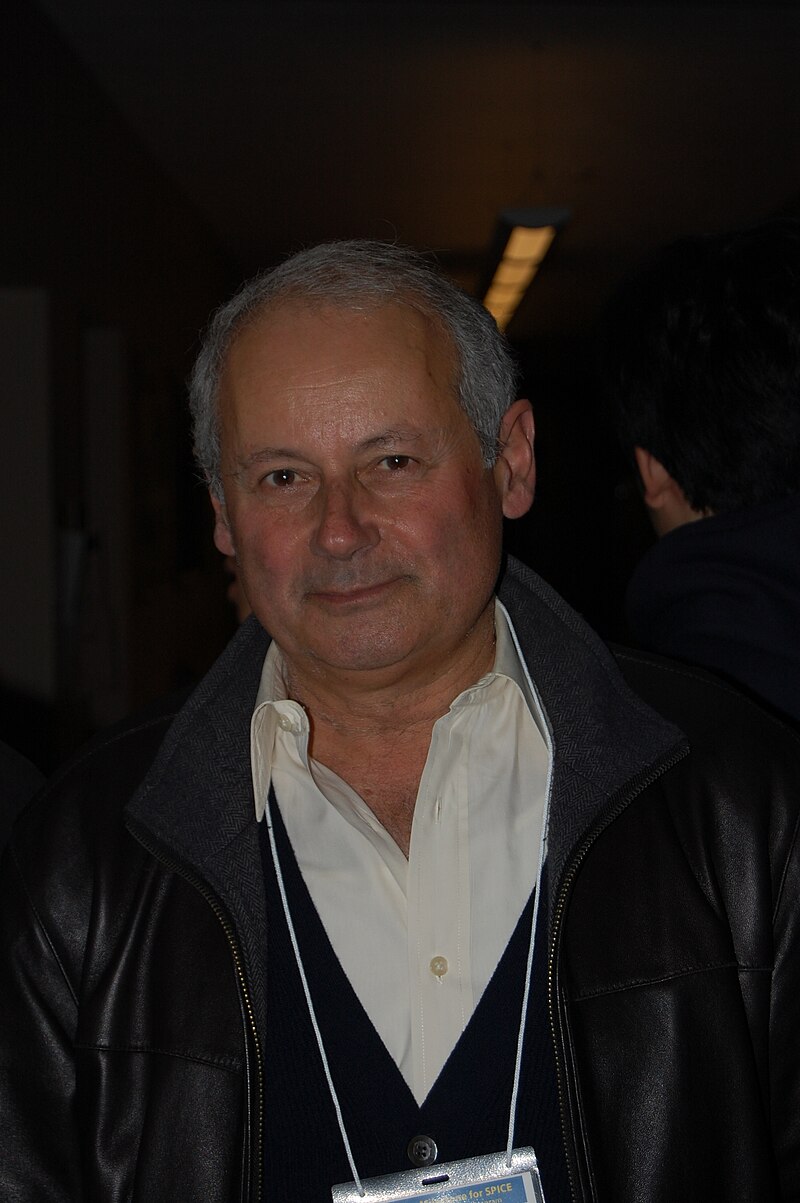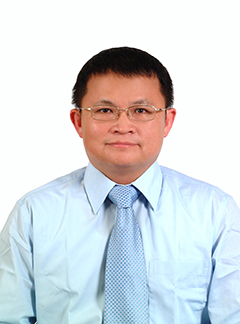Keynote Speaker

Prof. Andrei Vladimirescu
IEEE Fellow
University of California at Berkeley, CA, USA
Biography: Andrei Vladimirescu (F’17) received the M.S. and Ph.D. degrees in EECS from the University of California at Berkeley, Berkeley, CA, USA.,He was a key contributor to the SPICE simulator at the University of California at Berkeley, releasing the SPICE2G6 production-level SW in 1981. He pioneered electrical simulation on parallel computers with the CLASSIE simulator as part of his Ph.D. He has authored a book The SPICE Book (J. Wiley, 1994). For many years he was the Research and Development Director leading the design and implementation of innovative software and hardware Electronic Design Automation products for Analog Devices Inc., Daisy Systems, Analog Design Tools, Valid Logic, and Cadence Design Systems. He is currently a Professor involved in research projects with the University of California at Berkeley, the Technical University of Delft, Delft, The Netherlands, the Institut Supérieur d’Electronique de Paris, Paris, France, and a Consultant to industry. His current research interests include in the areas of ultra-low-voltage CMOS, design, simulation and modeling of circuits with new devices and circuits for quantum computing.

Prof. Chua-Chin Wang
Chair of IEEE Circuits and Systems Society (CAS-S), Tainan Chapter
National Sun Yat-Sen University, Taiwan
Biography: Chua-Chin Wang (SM'04) was born in Taiwan, in 1962. He received the B.S. degree in electrical engineering from National Taiwan University, Taipei, Taiwain, in 1984, and the M.S. and Ph.D. degrees in electrical engineering from State University of New York at Stony Brook in 1988 and 1992, respectively.,He then joined the Department of Electrical Engineering, National Sun Yat-Sen University, Kaohsiung, Taiwan, and became a Full Professor in 1998. His recent research interests include mixed-signal circuit design, low-power and high-speed circuit design, communication interfacing circuitry, and bio-chips. He founded SOC group in Department of Electrical Engineering, National Sun Yat-Sen University in 2005. He is currently serving as the Director of Engineering Technology Research and Promotion Center (ETRPC), National Sun Yat-Sen University.,Dr. Wang is the Chair of IEEE Circuits and Systems Society (CAS-S), Tainan Chapter. He is also the founding Chair of IEEE Solid-State Circuits Society (SSCS), Tainan Chapter, and the founding Councilor of IEEE NSYSU Student Branch. He is also a member of the IEEE CASS Multimedia Systems Applications (MSA), VLSI Systems and Applications (VSA), Nanoelectronics and Giga-scale Systems (NG), and Biomedical Circuits and Systems (BioCAS) Technical Committees. Currently, he is also serving as the Associate Editor of International Journal of VLSI Design. He is also a Guest Editor of International Journal of Electrical Engineering. In 2007, he was elected to be IEEE CAS-S Nanoelectronics and Giga-Scale Systems (NG) Technical Committee Chair to serve a two-year term from 2008. In the same year, he was elected to be the DLP (Distinguished Lecturer Program) speaker of IEEE CAS-S. He was the General Chair of 2007 VLSI/CAD Symposium.